Major Depressive Disorder

Causes Of Major Depressive Disorder
Depression or major depressive disorder is a common and serious illness that negatively affects our feeling, thinking, acting and behaviour. Depression, often referred to simply as depression, is more than just being sad or going through a difficult patch. It can lead to a variety of emotional and physical problems that affect how we think about ourselves, depression (also known as major depression or clinical depression) and a wide range of mental health problems.
You will have persistent low mood for two weeks or more, especially in activities you normally enjoy, such as work, school, family, hobbies and social activities. Severe depression is a condition in which a person feels depressed due to a number of factors, including sleep disturbances, fatigue, feeling worthless or guilty, inability to make decisions, anxiety, irritability, lack of motivation, and low self-esteem.
Medicines and psychotherapy in combination with medications have been shown to be effective in relieving the symptoms of a severe depressive disorder. If you or someone you know has a symptom of depression, a trained therapist is available to help you, specializing in issues related to depression and mood disorders. Depression is likely to have an impact on a person’s quality of life, as well as on their health and wellbeing. The more symptoms that are present and incessant, the more certain one becomes about the diagnosis of severe depression.
Major Depressive Disorder Treatments
Most cases of major depressive disorder can be treated, but the more severe the depressive symptoms and functional limitations are, the worse the prognosis will be compared to those with major depressive disorder that is not associated with bereavement. Severe depressive episodes can also occur in persistent depressive disorders, but if they occur together, early treatment must be started as soon as possible. A severe depressive episode can precede a persistent depressive disorder, and a depressive symptom with functional impairments is more serious and effective in treatment than a mild depressive episode.
A licensed mental health professional or psychiatrist will conduct a clinical assessment to diagnose a person with a severe depressive disorder. If you have symptoms or are in any way associated with severe depression, seek help from a doctor. If you are using drugs or alcohol to self medicate your depression or anxiety contact Couples Rehabs to learn about treatment options.
A behavioral physician will use the criteria for depression listed in the American Psychiatric Association’s Diagnostic and Statistical Manual of Mental Disorders (DSM-5) to determine whether your symptoms indicate a severe depressive disorder. A licensed physician, such as a psychiatrist or psychologist specializing in depressive disorders, is required. If the full criteria of a depressive episode during the current episode are met, you will be diagnosed with a depressive episode according to DSM-5.
To be diagnosed with a major depressive disorder, five or more of the following characteristics must be present, represent a change in your previous functioning, include symptoms such as depression, anxiety, irritability, loss of interest in life and / or depression, and represent or include changes in behavior, mood, or other aspects of your daily life. To be diagnosed with major depression, you must have five symptoms in total. All five symptoms must not have been caused by a substance or medical condition.
This section begins with the specific criteria required for the diagnosis of a particular depressive disorder. All depressive disorders vary in their extent, but this module highlights the most common and well-known form of depression, a major depression (sometimes referred to as unipolar depression).
Unipolar refers to an oscillating state of depression or mania, which refers to the difference between severe depression and bipolar depression. While bipolar disorder is characterized by alternately similar depressive episodes, a severe depressive disorder can be characterized by persistent sadness and general disinterest.
Major Depressive Disorder Symptoms
A major depressive disorder is diagnosed when a person has a history of depressive episodes of at least two or more episodes per year and when the depressive mood is so strong that it is better explained by schizoaffective disorders, but is not overshadowed by schizophrenia, delusions or psychotic disorders. A depressive episode can last for several weeks or even months, after which it can be alleviated and lead to the appearance of other symptoms such as anxiety, irritability, depression, anxiety disorders, panic attacks, hallucinations, paranoia, etc. The major depressive disorders are not considered as “severe depressive” disorders, but as those caused by a general illness, regardless of whether a substance (such as drugs, alcohol, medications) causes them or not. People with a variety of illnesses also experience severe, long-term and severe depression.
In severe depressive disorders, severe chronic illnesses do not directly cause symptoms, but can cause depression through the psychological and emotional effects of the disease. In combination with medication or psychotherapy, the risk of developing a severe depressive disorder may be increased. A teenager with severe depression may have a history of other mental health problems, such as anxiety, depression, anxiety disorder or bipolar disorder.
Common Questions about Major Depressive Disorder
How Is MDD Diagnosed?
For a diagnosis of major depressive disorder, a young adult will remain in a depressed or irritable mood most of the time, or lose interest or satisfaction in daily activities the majority of the time, or both, for at least 2 weeks. These symptoms should be an unique shift from previous performance.
Symptoms
Although depression might take place just once during your life, people generally have multiple episodes. During these episodes, signs happen most of the day, nearly every day and may consist of:
– Feelings of sadness, tearfulness, emptiness or despondence
– Angry outbursts, irritability or disappointment, even over little matters
– Loss of interest or enjoyment in a lot of or all regular activities, such as sex, hobbies or sports
– Sleep disturbances, including sleeping disorders or sleeping too much
– Tiredness and absence of energy, so even little jobs take additional effort
– Reduced appetite and weight loss or increased cravings for food and weight gain
– Anxiety, agitation or uneasyness
– Slowed thinking, speaking or body movements
– Feelings of insignificance or guilt, fixating on past failures or self-blame
– Trouble thinking, focusing, making decisions and keeping in mind things
– Frequent or persistent thoughts of death, suicidal ideas, suicide attempts or suicide
– Unexplained physical problems, such as pain in the back or headaches
If you have been feeling down and depressed recently, then you may be suffering from depression and/or major depressive disorder. This mental health disorder affects around one percent of the population each year, but can be a life-threatening condition. Many people that have been diagnosed with depression or major depression have committed suicide after months or even years of feeling unwell. Fortunately, learning about depression and its symptoms can help you get a full diagnosis before you begin to take action and find treatment.
The three forms of major depressive disorder are seasonal affective disorder, bipolar disorder, and bulimia nervosa. Seasonal affective disorder (SAD) usually starts in late winter or early spring, during the period of low sunlight or when temperatures are high. Bipolar disorder can start in late autumn or early winter, shortly after the start of the winter season or about two weeks before it begins.
The symptoms of depression vary according to the levels of impairment and distress. For people who have not reached the point where they are debilitated or unable to carry out most of their day-to-day activities, depressive episodes will occur more frequently and last longer. When the sufferer’s life is disrupted by the presence of manic symptoms, it is diagnosed as bipolar disease. Bipolar disorder patients will experience four common mood cycles – depressive mixed state, manic episode, and rapid cycling. Manic episodes are distinguished by an increased drive and thrill, and this will often lead to suicide.
What Is The Meaning of Major Depression?
Major depression: A disease with specific characteristic symptoms and signs that disrupts the ability to work, sleep, eat, and delight in as soon as satisfying activities.
Is Major Depression With Psychotic Features A Disability?
Does Depression Make You Eligible for Disability? Depression is considered a psychiatric impairment under the Americans with Disabilities Act (ADA). It’s a considerable mood disorder that’s understood to interfere with everyday activities, which might include your capability to work.
What Is The Difference Between Major Depressive Disorder Recurrent and Single Episode?
A single episode is just the first occurrence of MDD signs; all subsequent episodes are considered “frequent” (the vast bulk of cases). MDD is categorized in classifications F32 (single episode) and F33 (persistent episode).
What Is Major Depressive Disorder dsm5?
Fatigue or loss of energy. Sensations of worthlessness. Lessened ability to think or concentrate; indecisiveness. Recurrent thoughts of death, reoccurring self-destructive ideation without a particular plan, or a suicide effort or specific plan for dedicating suicide.
Who Was The First Person Diagnosed With Depression?
In 1895, the German psychiatrist Emil Kraepelin became the very first to identify manic depression, what we now referred to as bipolar illness, as an illness separate from dementia praecox (the term for schizophrenia at the time).
Is Major Depression A Permanent Disability?
Depression is a mental health condition that can make numerous daily activities challenging. In particular cases, the symptoms of major depression can end up being severe enough to negatively impact your ability to work. If this holds true, you may receive Social Security impairment advantages.
Is MDD And Bipolar The Same?
Bipolar affective disorder (sometimes called manic depression) is different. If you have it, you have severe mood swings. You experience periods of depression (comparable to MDD). But you also have durations of terrific highs.
What Percentage of People Suffer from Depression?
The National Institute of Mental Health (NIMH) approximates that 16.2 million U.S. grownups had at least one major depressive episode in 2016. This represents 6.7 percent of the U.S. adult population. Depression is most common in ages 18 to 25 (10.9 percent) and in people belonging to two or more races (10.5 percent).
Who Is Most Likely to Suffer from Major Depression?
Major depression is probably to impact people between the ages of 45 and 65. “People in middle age are at the top of the bell curve for depression, however individuals at each end of the curve, the really young and older, may be at greater risk for severe depression,” states Walch.
Can Depression Cause Psychotic Episodes?
Some individuals who have serious clinical depression will likewise experience hallucinations and delusional thinking, the signs of psychosis. Depression with psychosis is called psychotic depression.
Is Major Depressive Disorder Genetic?
Depression is known to run in households, recommending that genetic elements contribute to the threat of developing this disease. Nevertheless, research study into the genetics of depression remains in its early stages, and extremely little is known for certain about the genetic basis of the disease.
What Is The ICD-10 Code For Major Depressive Disorder?
F33.1.
ICD-Code F33. 1 is a billable ICD-10 code used for health care diagnosis repayment of Major depressive Disorder, Recurrent, Moderate. Its corresponding ICD-9 code is 296.3.
What Is The Most Common Medication For Major Depressive Disorder?
SSRIs, that include fluoxetine, sertraline, paroxetine, citalopram, escitalopram, and fluvoxamine, have actually ended up being the first-line treatment for major depression.
What Is Major Depressive Disorder With Anxious Distress?
DSM-5 Anxious Distress Specifier Valid for Major Depressive Disorder. Feeling tense, trouble concentrating because of concern, fear of something awful might happen, feeling uneasy, and sensation that one may lose control are 5 signs of the anxious distress specifier.
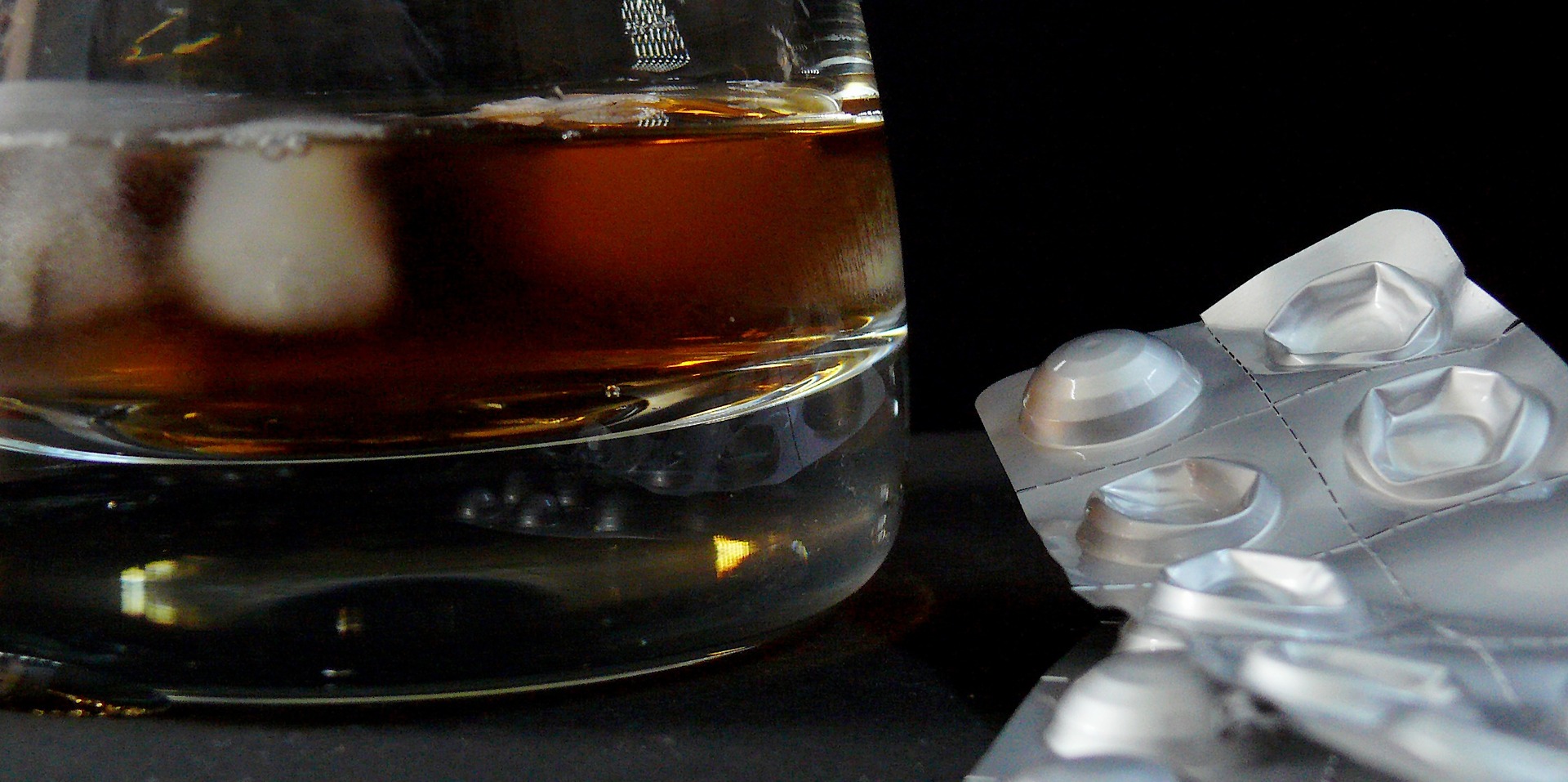
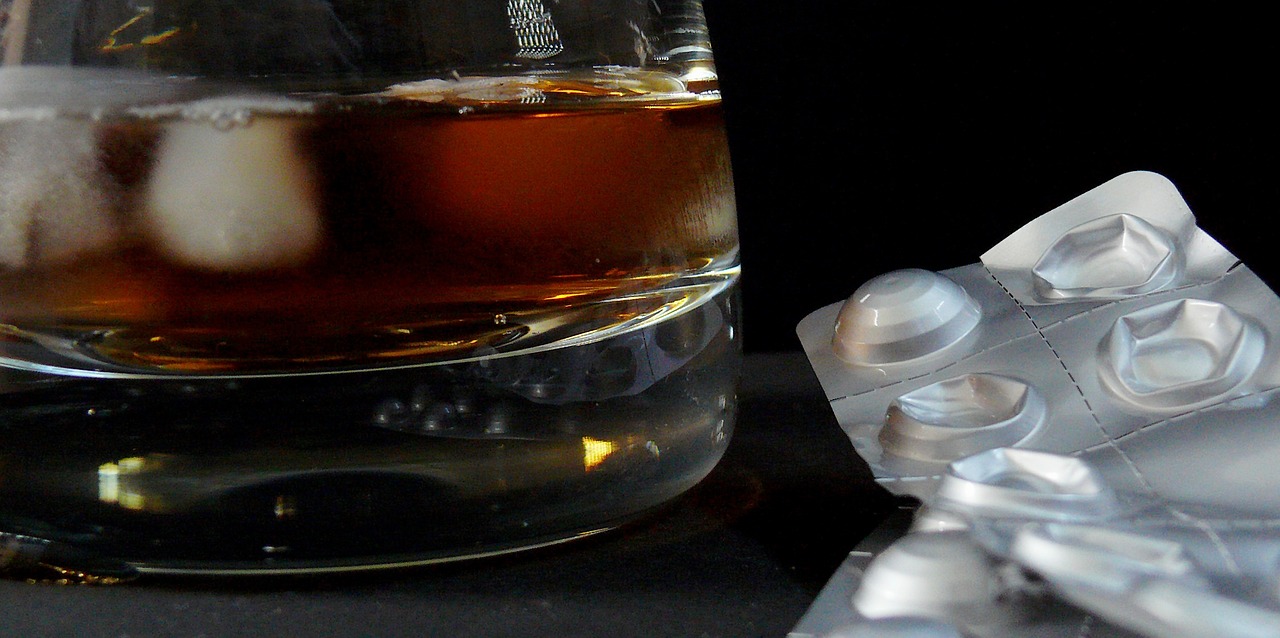
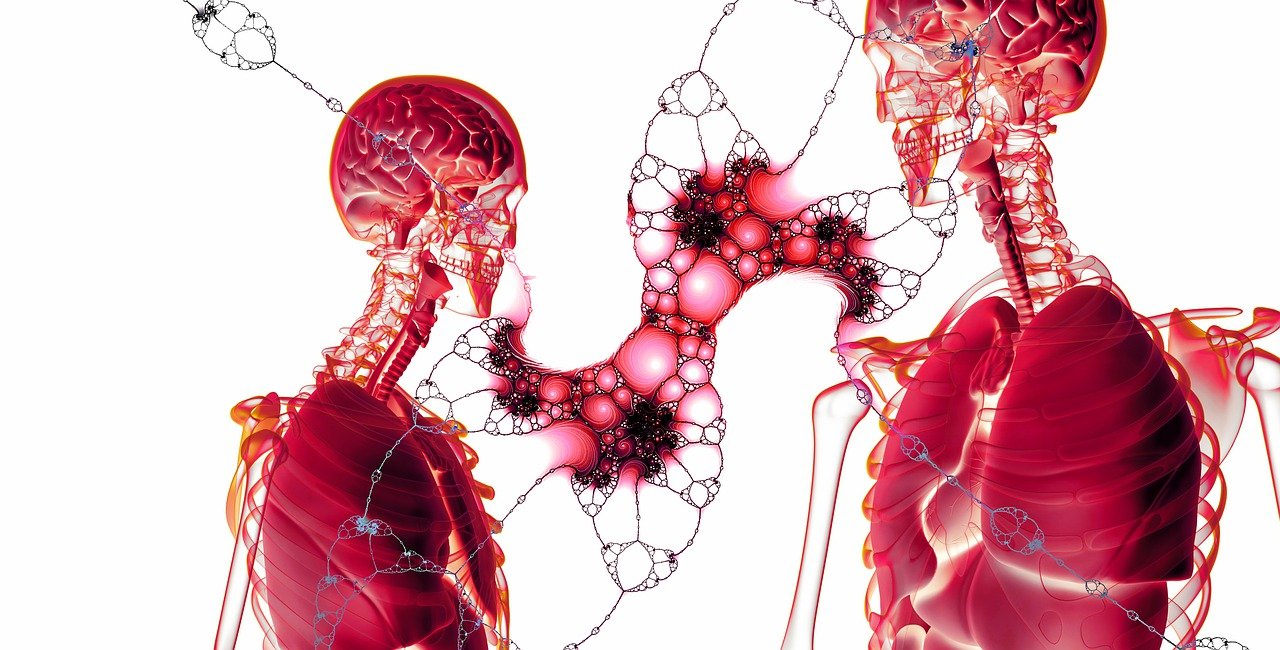
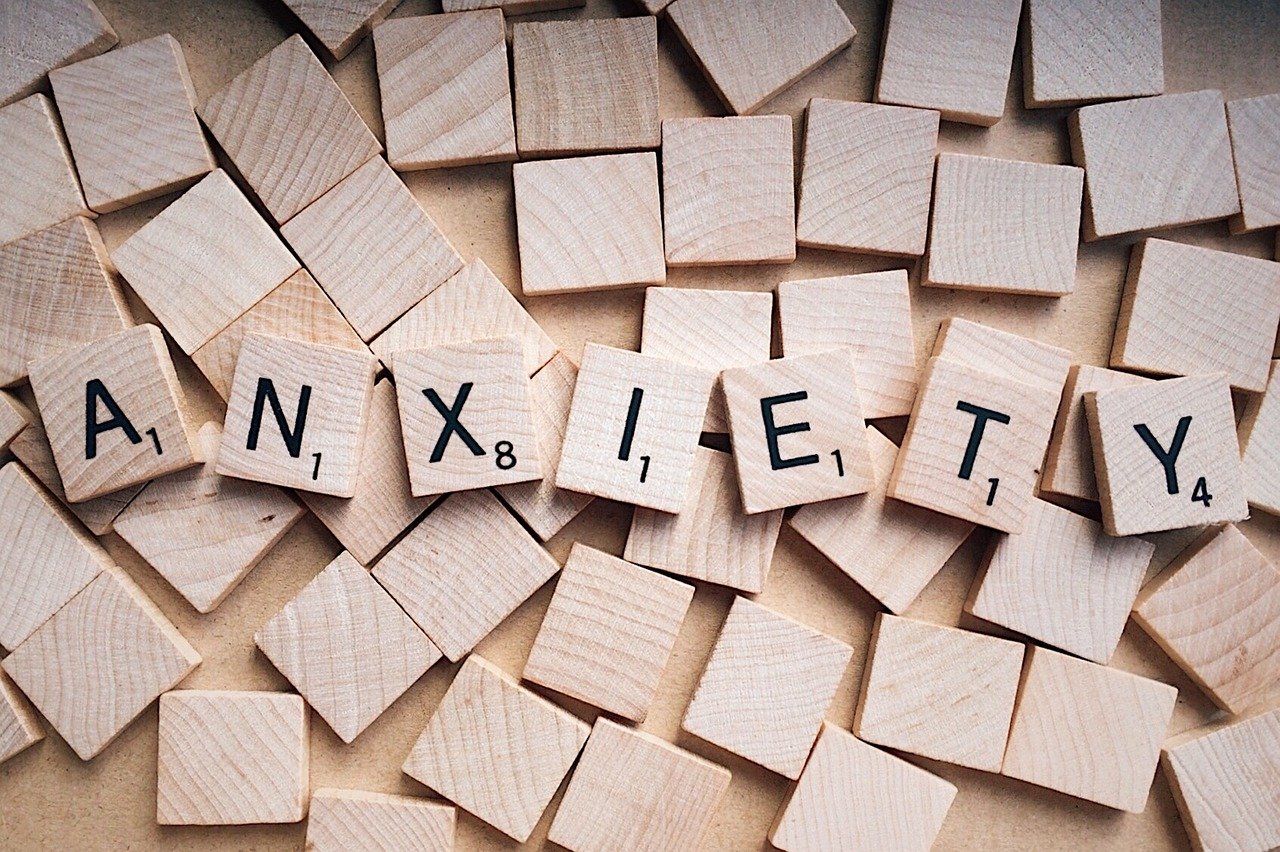



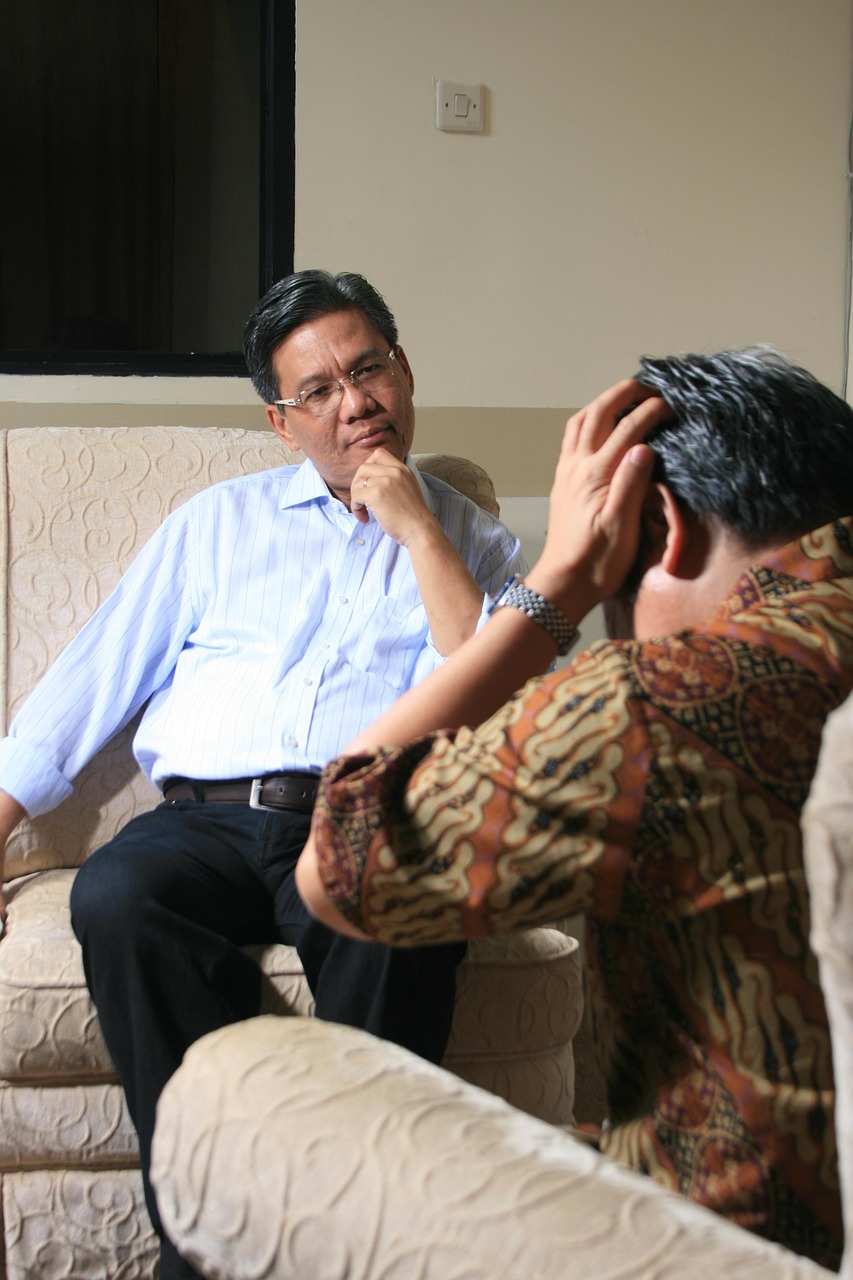



Recent Comments